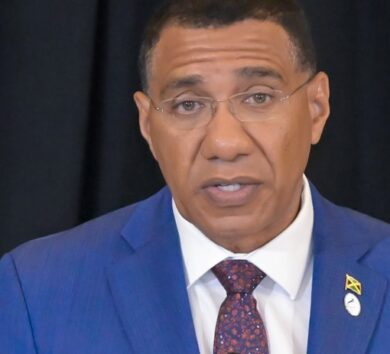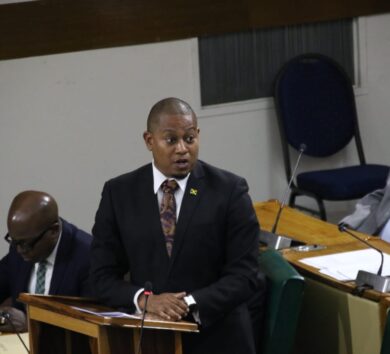

WASHINGTON (Reuters)
U.S. President Donald Trump granted clemency to former White House aide Steve Bannon as part of a wave of pardons and commutations issued in his final hours in office, but did not pardon himself, members of his family or lawyer Rudy Giuliani.
Trump leaves office on Wednesday (January 20), when Joe Biden is sworn in as the nation’s next president. White House officials had argued to Trump that he should not pardon himself or his family because it might look like they are guilty of crimes, according to a source familiar with the situation.
Bannon, who was a key adviser in Trump’s 2016 presidential run, was charged last year with swindling the president’s own supporters over an effort to raise private funds to build the president’s wall on the U.S.-Mexico border. He has pleaded not guilty.
“Bannon has been an important leader in the conservative movement and is known for his political acumen,” the White House said in a statement.
White House officials had advised Trump against pardoning Bannon. The two men have lately rekindled their relationship as Trump sought support for his unproven claims of voter fraud, an official familiar with the situation said.
As part of more than 140 pardons and commutations, Trump also pardoned Elliott Broidy, a former top fundraiser for Trump who pleaded guilty last year to violating foreign lobbying laws, and former Detroit Mayor Kwame Kilpatrick, who was serving a 28-year prison term on corruption charges.
Giuliani, who has been at the forefront of Trump’s unsuccessful efforts to overturn the 2020 presidential election, has not been charged with a crime, but investigators have been probing his activities in Ukraine.
Trump was impeached by the Democratic-led House last week on charges of inciting the January 6 storming of the U.S. Capitol by the president’s supporters. He may face a Senate trial and could be barred from running for president again if convicted.
PROMINENT ALLIES
The pardon power, which comes from the U.S. Constitution, is one of the broadest available to a president. While pardons are typically given to people who have been prosecuted, pardons can cover conduct that has not yet resulted in legal proceedings.
Bannon, 67, is the latest prominent political ally to receive clemency from Trump, who has often used the powers of the executive branch to reward loyalists and punish his enemies.
A pardon is not reviewable by other branches of government and the president does not have to give a reason for issuing one. But the pardon power is not absolute; it only applies to federal crimes.
Bannon, 67, is the latest prominent political ally to receive clemency from Trump, who has often used the powers of the executive branch to reward loyalists and punish his enemies.
Bannon can still be charged with fraud by New York state prosecutors, said Daniel R. Alonso, a former prosecutor now at the Buckley law firm. Fraud prosecutions are frequently brought by the Manhattan District Attorney’s Office, Alonso added.







Comments